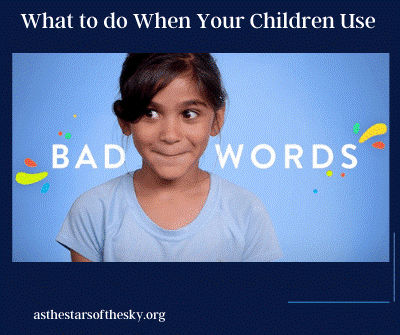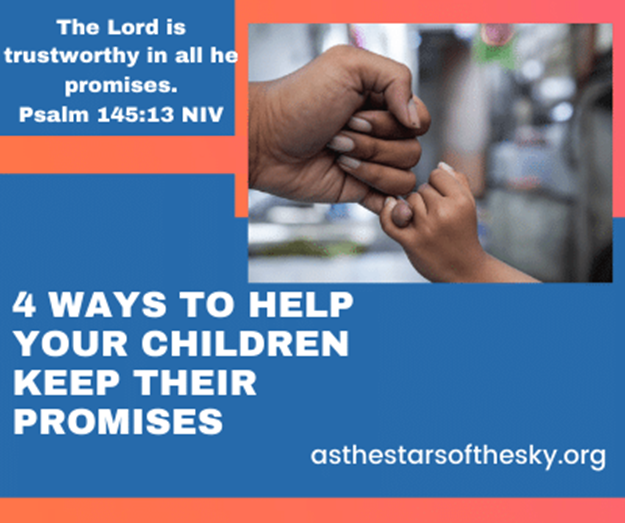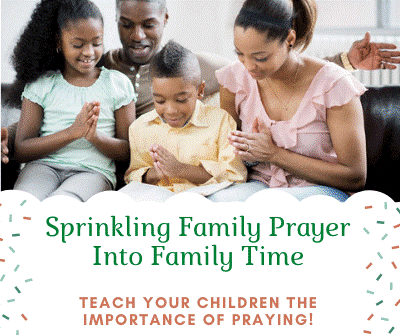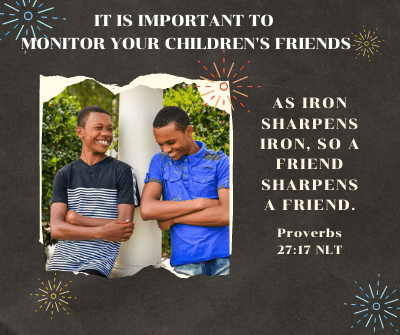A few years ago, I wrote a blog post titled What to do When Your Child Swears and I think that it is time to update that post. In it, I gave many suggestions as to what parents can do, so please take the time to read it. In today’s blog, I would like to discuss the impact that cursing on television and internet programs as well as movies, music and video games can have on your children. When you catch your children using bad words, it is important to consider what they are listening to and watching.
Exposure to swear words has always been a source of this negative behavior for children. A study published in the journal Pediatrics back in 2011 found that children who heard curse words on television or video games acted out more aggressively toward their peers. Moreover, these children tended to use the same bad language themselves.
There are ratings for television programs, movies and video games, so I strongly encourage parents to read those before allowing a child to watch or play. Cartoon programs used to be such fun shows but over the years, certain cartoons have allowed bad words to slip in. Make sure you monitor those too.
What about music? We all have heard songs with degrading words referring to explicit acts of sex, guns, drugs and violence against women. The impact of this on children who are listening or watching a music video with these types of lyrics is damaging. An article published in 2009 in the journal Pediatrics stated that “research has reported that exposure to violence, sexual messages, sexual stereotypes, and use of substances of abuse in music videos might produce significant changes in behaviors and attitudes of young viewers. … With the evidence portrayed in these studies, it is essential for pediatricians and parents to take a stand regarding music lyrics.”
Ask yourself – are you as a parent taking a stand? I have always been a parent who believes very strongly in supervising and monitoring my children. On one occasion, my oldest son spent the night at a friend’s house when he was about 10 years old. I spoke to the parents beforehand to let them know that I did not want my son playing video games that involved cursing or violence against women. To my surprise, when I arrived to pick him up the next afternoon, he was playing a video game with all of that! I immediately spoke to the parents of the other child and found out that they were not even monitoring their son’s activities on any form of media. They just assumed that everything he watched and the games he played were acceptable. This was an important lesson for them.
For more information, please visit:
https://www.reuters.com/article/us-profanity-tv-idUSTRE79I5OH20111019
https://raisingchildren.net.au/school-age/behaviour/common-concerns/swearing
https://pediatrics.aappublications.org/content/124/5/1488.full




















